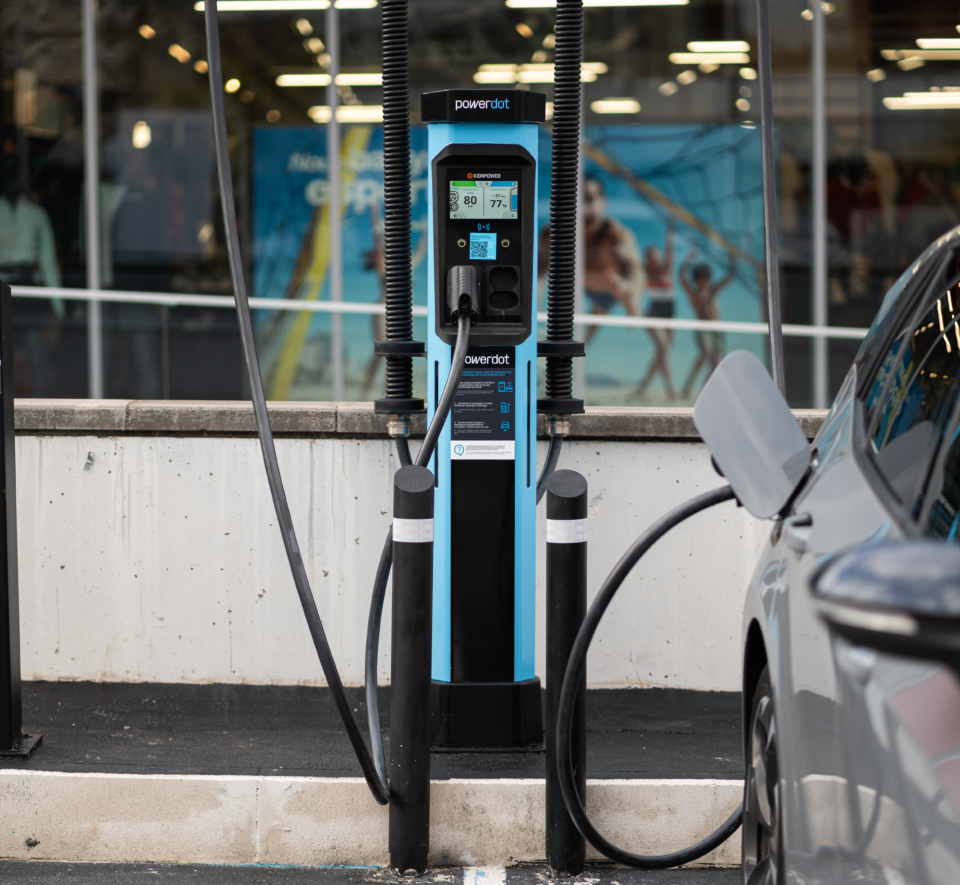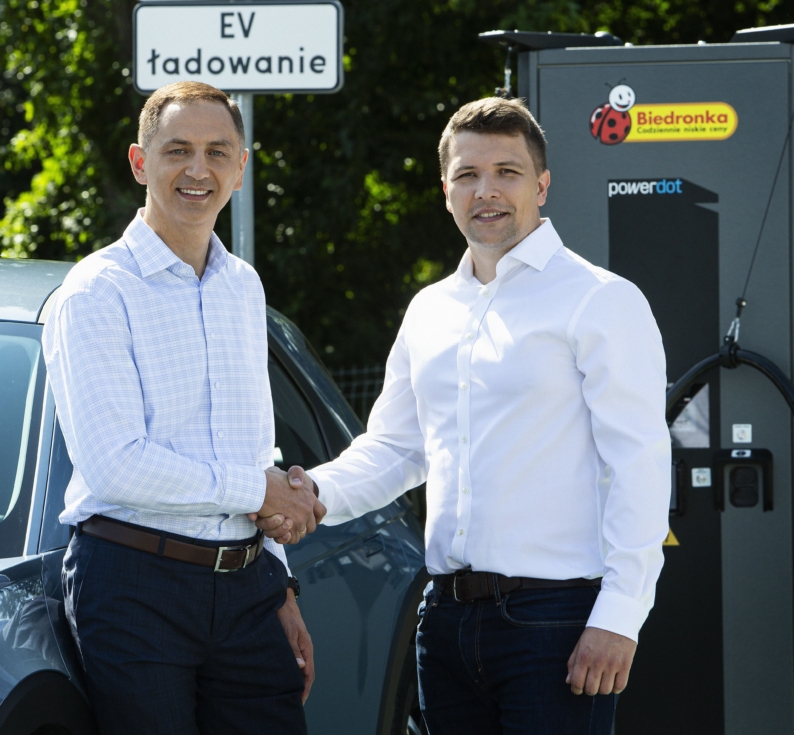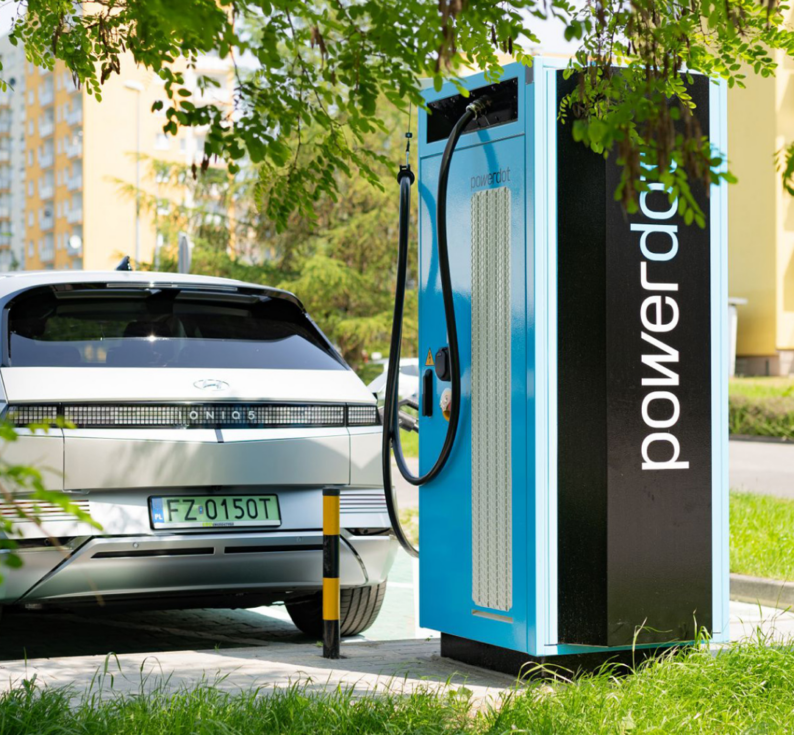Understanding the factors that impact the charging of your electric vehicle can help optimise charging speed and enhance battery life. Here, we explore four key elements that affect EV charging performance.
1. Electrical Systems: 400V vs. 800V
One of the most important factors that determines the charging speed of an EV is its electrical system. Most EVs in Europe come with a standard 400V system, while more advanced models are equipped with 800V systems, which enable faster charging. It is essential for EV owners to check whether their vehicle operates on a 400V or 800V system, as this will directly influence charging times and overall efficiency.
2. Battery Percentage and Charging Limit
The battery’s charge level significantly affects the charging process. Generally, as the battery approaches 80% capacity, the charging speed slows to protect the longevity of the battery cells. Some EV users choose to set a charging limit of 80%, which not only extends the lifespan of the battery but also optimises energy efficiency. This approach is particularly useful for daily usage and helps maintain the battery’s health over time.
3. Battery and Charger Temperature
Temperature is a crucial element that influences the charging performance of an EV. High temperatures can lead to an increase in the battery’s internal resistance, slowing the charging process and potentially damaging the battery. Conversely, low temperatures can reduce charging efficiency and temporarily decrease the battery’s capacity. When possible, it’s advisable to charge your EV in moderate temperatures to achieve optimal performance and avoid unnecessary strain on the battery.
4. Simultaneous Charging of Multiple EVs
When multiple EVs share the same charging infrastructure, the simultaneous use can affect the charging speed of each vehicle. Power distribution may vary depending on the charge level of each vehicle, the type of electrical system they use, and other influencing factors. To maximise charging efficiency, it is beneficial to plan charging times when fewer vehicles are likely to be connected.
Conclusion
Efficient EV charging is influenced by more than just the charging infrastructure. Factors such as the vehicle’s electrical system, battery charge levels, temperature conditions, and shared usage can all impact charging speed and battery life. By understanding and optimising these elements, EV owners can maximise battery performance and contribute to a more sustainable and energy-efficient future.










